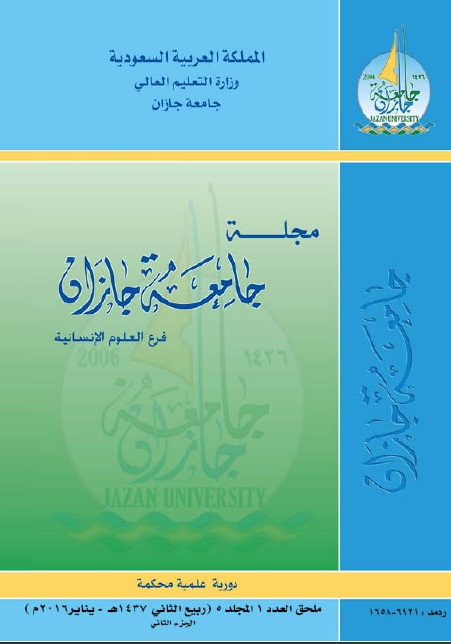The compatibility between the three-parameter model and the classical theory in the construction of criterion- referenced test of Islamic culture for the students of the University of Qassim
Abstract
This study aimed at verifying the compatibility between the three-parameter model as one of the features underlying the latent response theory and the classical theory in the selection of the items of a criterion-referenced test of the Islamic culture for the students of the University of Qassim. The final study sample consisted of (1086) students, a criterion-referenced test of (70) items of the type of multiple choice was built. Results of students has been analyzed using the (SPSS) program for the classical theory, and (BILOG-Mg3) program for the three parameter model, The results showed: Checking model the assumptions of the three- parameter model in the study data, and three- parameter model was more stringent than the classical theory in the selection of items. The classical theory has ruled out six items of the original number (70). The discrimination coefficients values of items were less than the distinguish it from the acceptable level, whereas the three-parameter model ruled out nine items (64), items did not match the model, and the number of items that fit both form three parameter and the classical theory was (55) items, where the values of its parameters (difficulty, discrimination and guessing) are acceptable within criterions reported by the literature of educational measurement, which constitute the final number of criterion-referenced test, it turns out that there is a broad consensus between the classical theory and the three- parameter model in estimating the reliability coefficient of the test
Downloads
Downloads
-
PDF (Arabic)
10
1
Published
Issue
Section
License
Copyright (c) 2024 CC Attribution 4.0

This work is licensed under a Creative Commons Attribution 4.0 International License.





